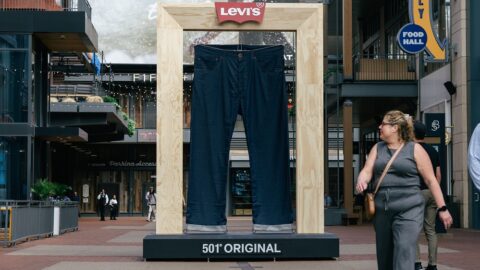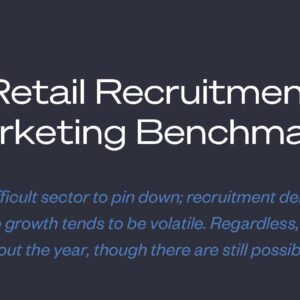Shoppers are starting to believe in the capabilities of artificial intelligence (AI), with 63% saying the technology is an important part of helping solve complex problems in modern societies. But the growth of AI also is likely to change the dynamics of customer service; 64% of shoppers would rather have instant access to quality customer service than preserve the jobs of customer service reps, according to a survey from PwC.
Additionally, a majority of shoppers have faith in AI’s ability to personalize: 62% of consumers believe AI can reduce the time it takes to get answers while still being highly tailored to their preferences.
The survey, titled: Bot.Me: A Revolutionary Partnership, noted that $62 billion is lost annually through poor customer service, and asserted that AI platforms could create a digital concierge that eases the heavy lifting on humans and allows them to focus on other tasks.
Advertisement
Digital assistants are fueling the first wave of AI adoption, already being used by:
-
72% of business execs;
-
53% of Millennials; and
-
42% of consumers.
Retail execs will be critical to adopting these technologies effectively, and they have shown optimism that AI can boost productivity and optimize processes:
-
70% agree that AI has the potential to enable humans to concentrate on meaningful work, as well as indulge in more leisure activities;
-
55% believe AI’s potential to boost business productivity, inform strategy and generate growth outweighs the potential downside of employment concerns; and
-
54% agree that AI solutions they already have implemented have benefited productivity.
AI, in its current form, faces a major challenge: the intelligence it provides is only as good as the data it can learn from. However, that becomes a touchy subject in an age of increasing privacy worries: 87% of consumers cite privacy as a major concern.
While consumers appear to be more confident about sharing data for medical purposes or to relieve traffic patterns, they’re still not as comfortable divulging this information when it comes to entertainment and spending. Less than half (47%) would be open to sharing this type of data, even if it meant lower costs.









